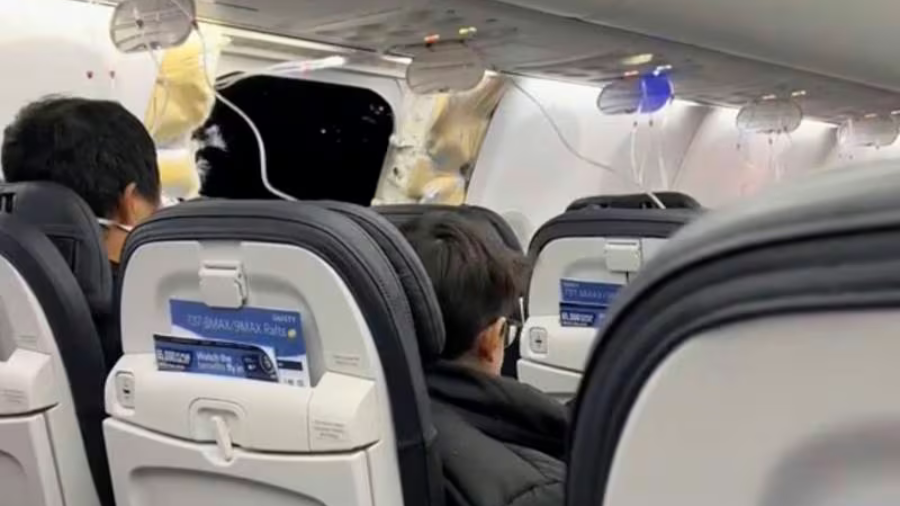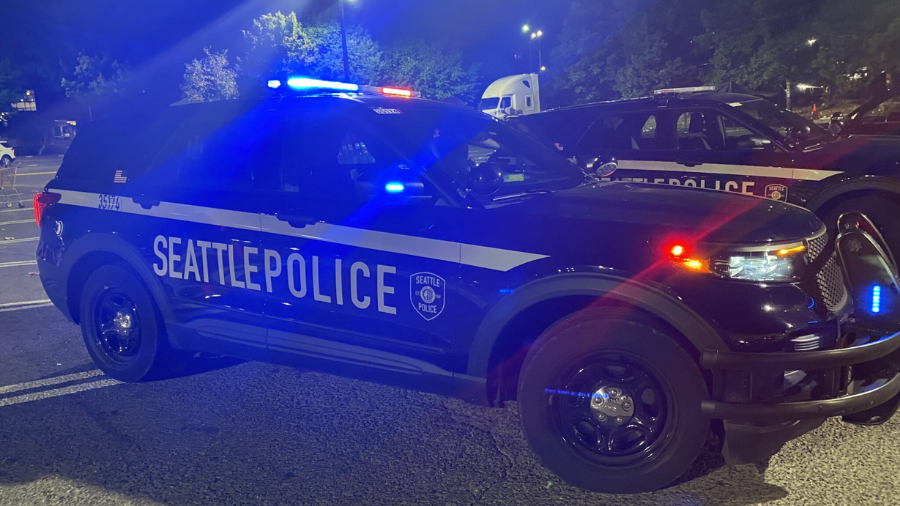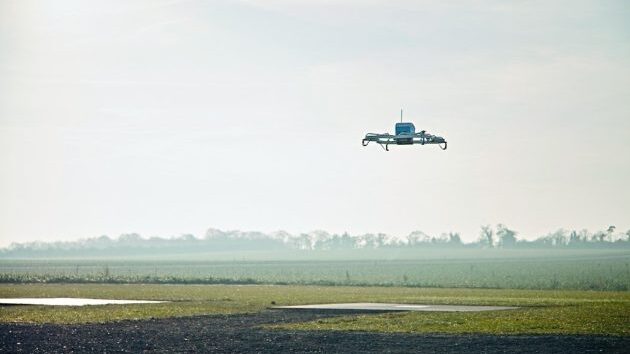DUI arrests decrease after state monopoly on liquor sales ends
Jul 16, 2013, 6:04 PM | Updated: Jul 17, 2013, 8:15 pm

One year after voters ended Washington's 80-year monopoly on liquor sales, our state still has the highest spirits tax in the country at $35.22 per gallon. (Linda Thomas photo)
(Linda Thomas photo)
Before Washington got out of the liquor business in June of 2012, emotional campaigns urged voters to reject the initiative allowing grocery stores and private businesses to sell hard alcohol.
“Alcohol kills more children than any other drug. I know first-hand because a drunk driver killed my son Trevor,” Linda Thompson said in commercial against Initiative 1183.
Other ads took what seemed like a more factual approach.
“Problem drinking could increase as much as 48 percent,” said Mark Nelson, the Cowlitz County Sheriff in another TV commercial.
A new analysis from the Washington Policy Center finds those public safety fears about ending the state’s nearly 80 year liquor monopoly didn’t materialize.
The think tank, for the record, supported getting the state out of the liquor business for many years.
Between June 1, 2011 and June 30, 2012 there were 21,577 DUI arrests and 2,575 collisions related to alcohol, according to data from the Washington State Patrol.
There were 19,703 DUI arrests the following year – June of 2012 through June of 2013 – with liquor sales in grocery stores and other retail businesses. The state patrol reported 2,347 collisions in that time frame.
“You could come to the absurd conclusion that it actually improved public safety because we saw DUI collisions decrease and we saw DUI arrests decrease,” says Jason Mercier, the policy center’s director of government reform.
While he can’t make a case that a decrease in drunk driving arrests is linked to selling vodka and other hard liquor in grocery stores, the opposite didn’t happen either with private sales.
“It obviously did not result in the explosion of alcohol-related problems that the opponents warned us about,” says Mercier.
A bigger factor in the decrease in DUI arrests last year was that the WSP had about 60 fewer troopers on the roads, according to spokesman Bob Calkins.
The State Patrol makes about half the DUI arrests in Washington, with other police agencies picking up the rest.
Tax statistics show Washington still has the highest liquor taxes in the country.
“Washington is number one by a long shot,” Mercier says. “The tax comes down to about $35 per gallon.”
Oregon’s spirits excise tax per gallon is $22.73. Outside the Northwest, the highest is Virginia at $20.56 while the lowest is $2.00 per gallon in Missouri.
The Washington Policy Center believes “given how out of whack” our taxes are compared with the rest of the country, lawmakers should look at the tax and fee structure.
“The intent was to create a competitive private liquor market with a level playing field between restaurants, grocery stores and retailers,” Mercier says. “We don’t have that.”
By LINDA THOMAS












